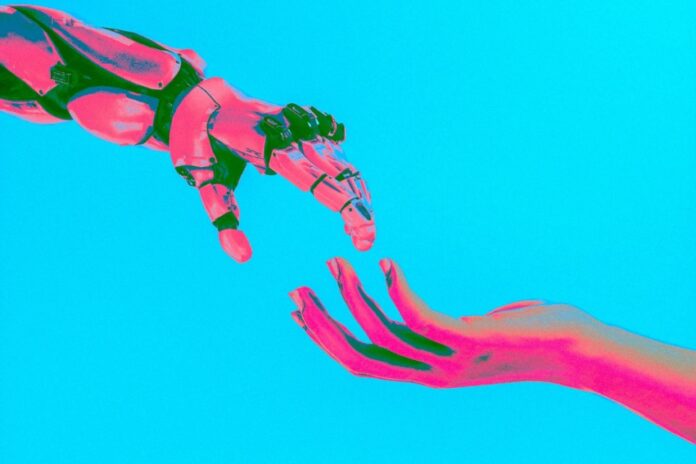In an era where artwork is increasingly influenced and even created by Artificial Intelligence (AI), Mexico’s Supreme Court (SCJN) has ruled that works generated exclusively by AI cannot be registered under the copyright regime. According to the ruling, authorship belongs solely to humans.
“This resolution establishes a legal precedent regarding AI and intellectual property in Mexico,” the Copyright National Institute (INDAUTOR) said on Aug. 28 in a statement on its official X account following the SCJN’s decision.
The SCJN’s unanimous decision said that the Federal Copyright Law (LFDA) reserves authorship to humans, and that any creative invention generated exclusively by algorithms lacks a human author to whom moral rights can be attributed.
According to the Supreme Court, automated systems do not possess the necessary qualities of creativity, originality and individuality that are considered human attributes for authorship.
“The SCJN resolved that copyright is a human right exclusive to humans derived from their creativity, intellect, feelings and experiences,” it said.
The Supreme Court resolved that works generated autonomously by artificial intelligence do not meet the originality requirements of the LFDA. It said that those requirements are constitutional as limiting authorship to humans is “objective, reasonable and compatible with international treaties.”
It further added that protections to AI can’t be granted on the same basis as humans, since both have intrinsically different characteristics.
What was the case about?
In August 2024, INDAUTOR denied the registration application for “Virtual Avatar: Gerald García Báez,” created with an AI dubbed Leonardo, on the basis that it lacked human intervention.

“The registration was denied on the grounds that the Federal Copyright Law (LFDA) requires that works be of human creation, with the characteristic of originality as an expression of the author’s individuality and personality,” INDAUTOR said.
The applicant contested the denial, arguing that creativity should not be restricted to humans. In the opinion of the defendant, excluding works generated by AI violated the principles of equality, human rights and international treaties, including the United States, Mexico and Canada agreement (USMCA) and the Berne Convention.
However, the Supreme Court clarified that such international treaties do not oblige Mexico to give copyrights to non-human entities or to extend the concept of authorship beyond what is established in the LFDA.
Does the resolution allow registration of works generated with AI?
Yes, provided there is a substantive and demonstrable human contribution. This means that works created in collaboration with AI, in which humans direct, select, edit or transform the result generated by AI until it is endowed with originality and a personal touch, are subject to registration before INDAUTOR.
Intellectual property specialists consulted by the newspaper El Economista explained that to register creative work developed in collaboration with AI, it is important to document the human intervention and submit the creative process in a way that aligns with the LFDA.
Mexico News Daily
